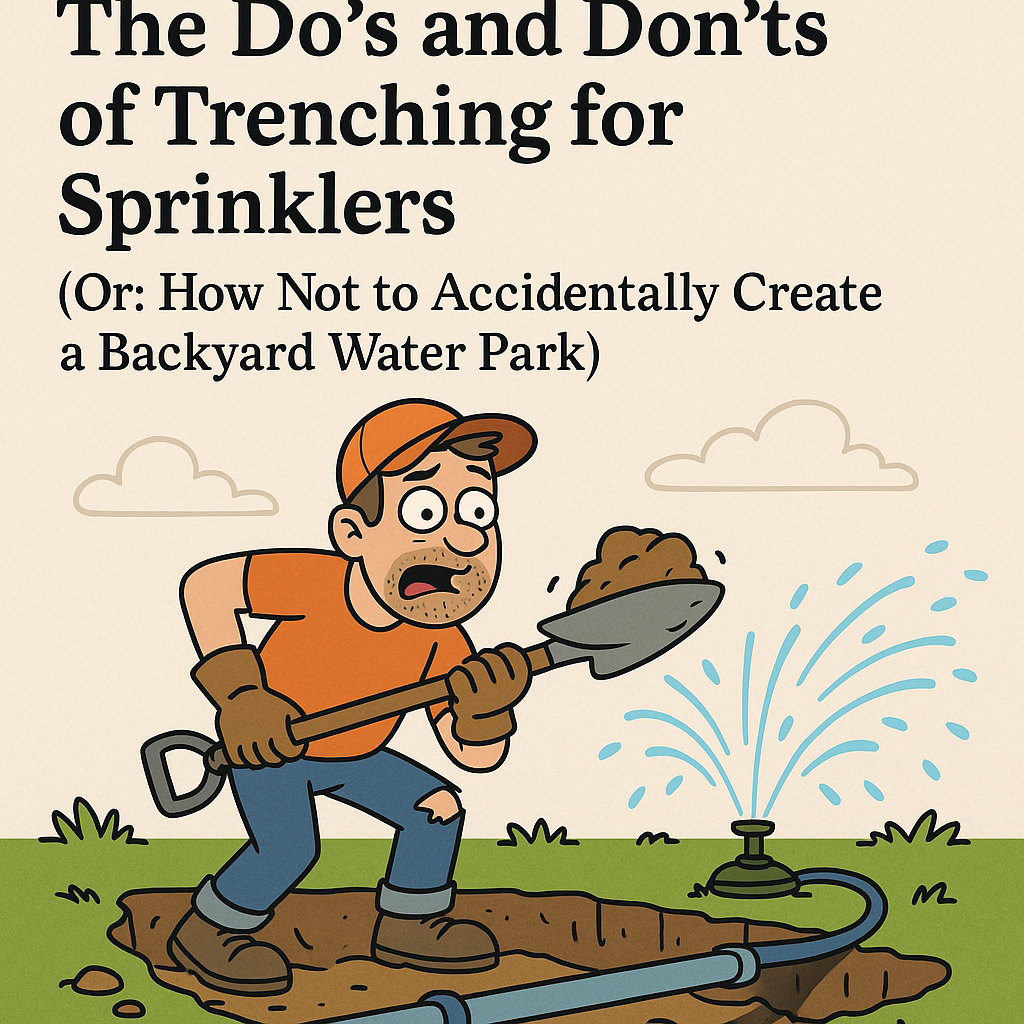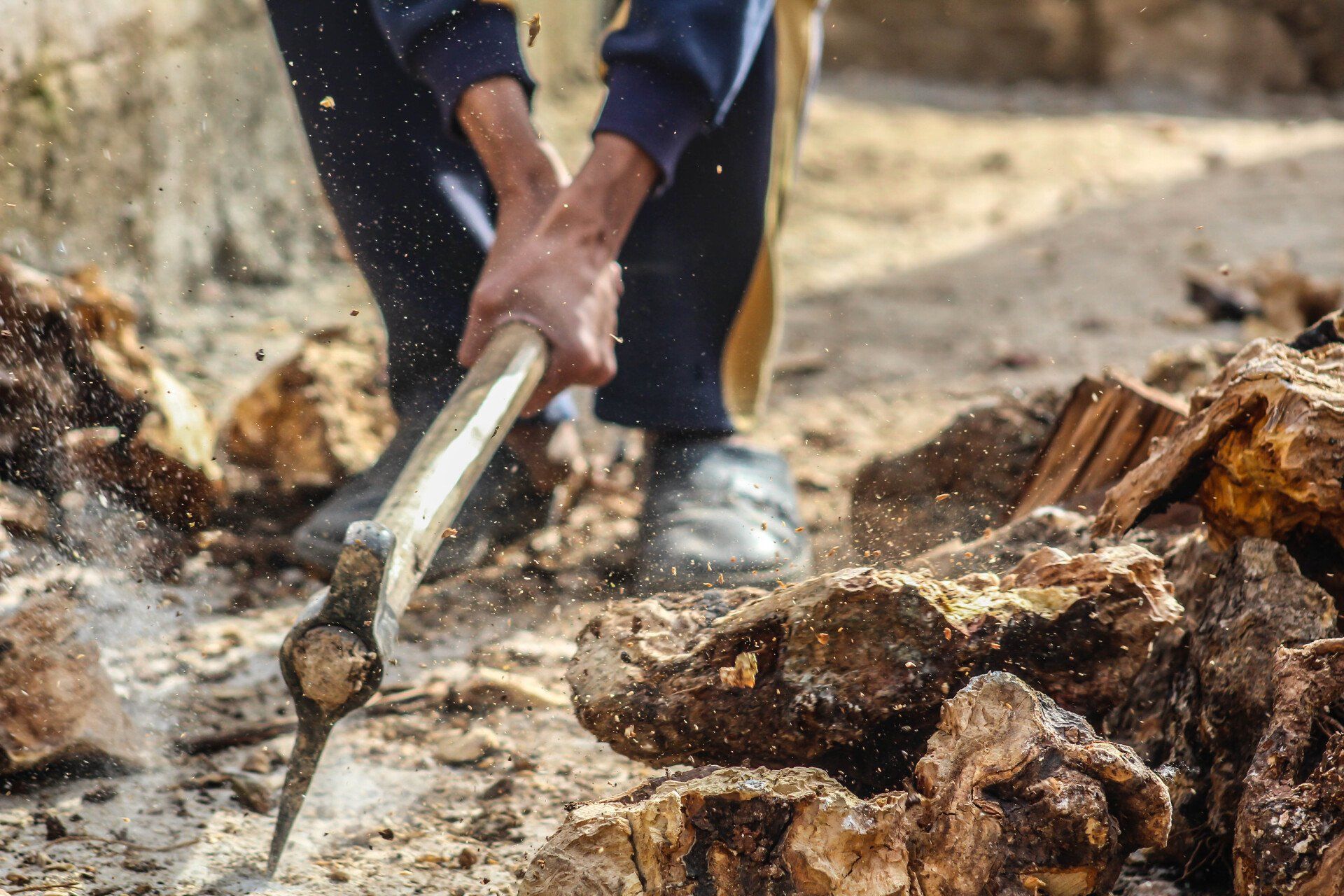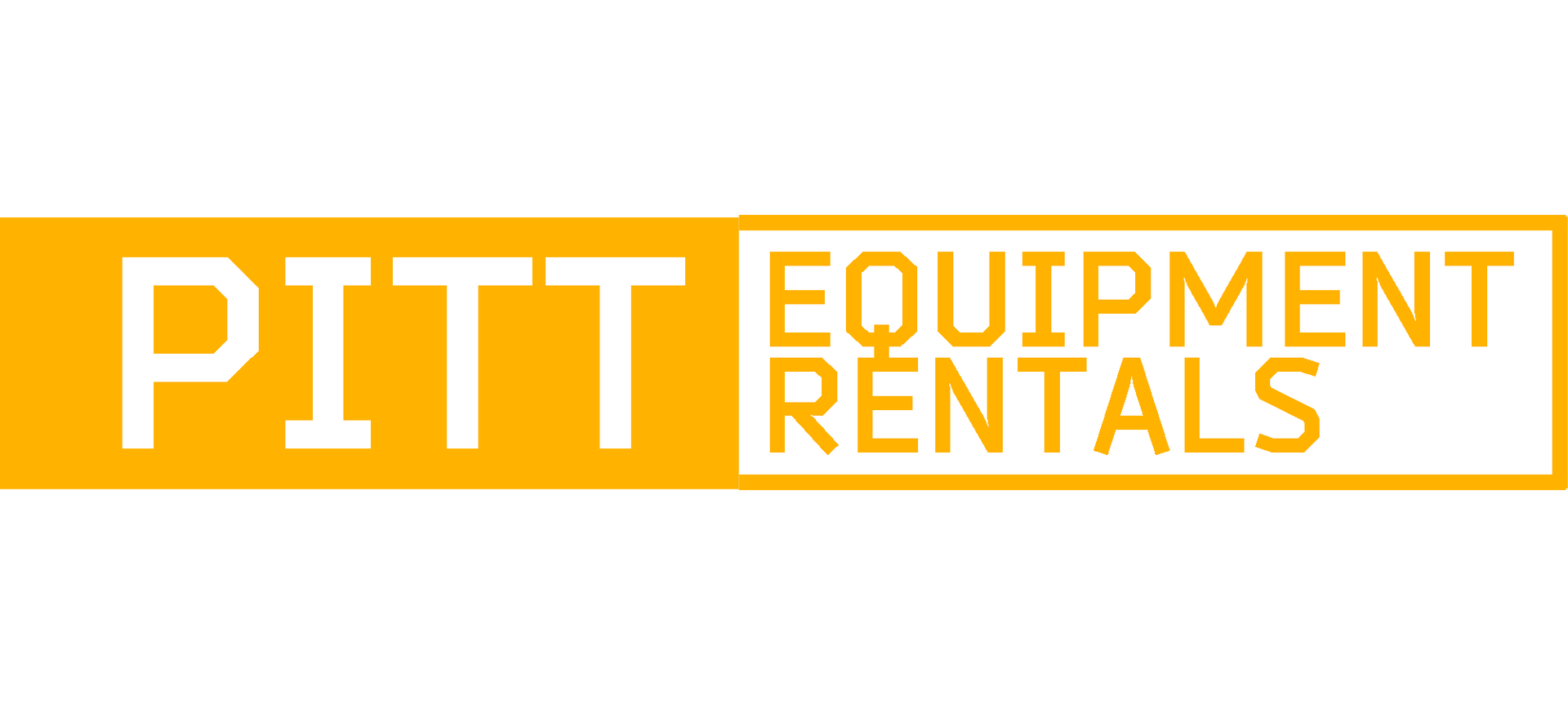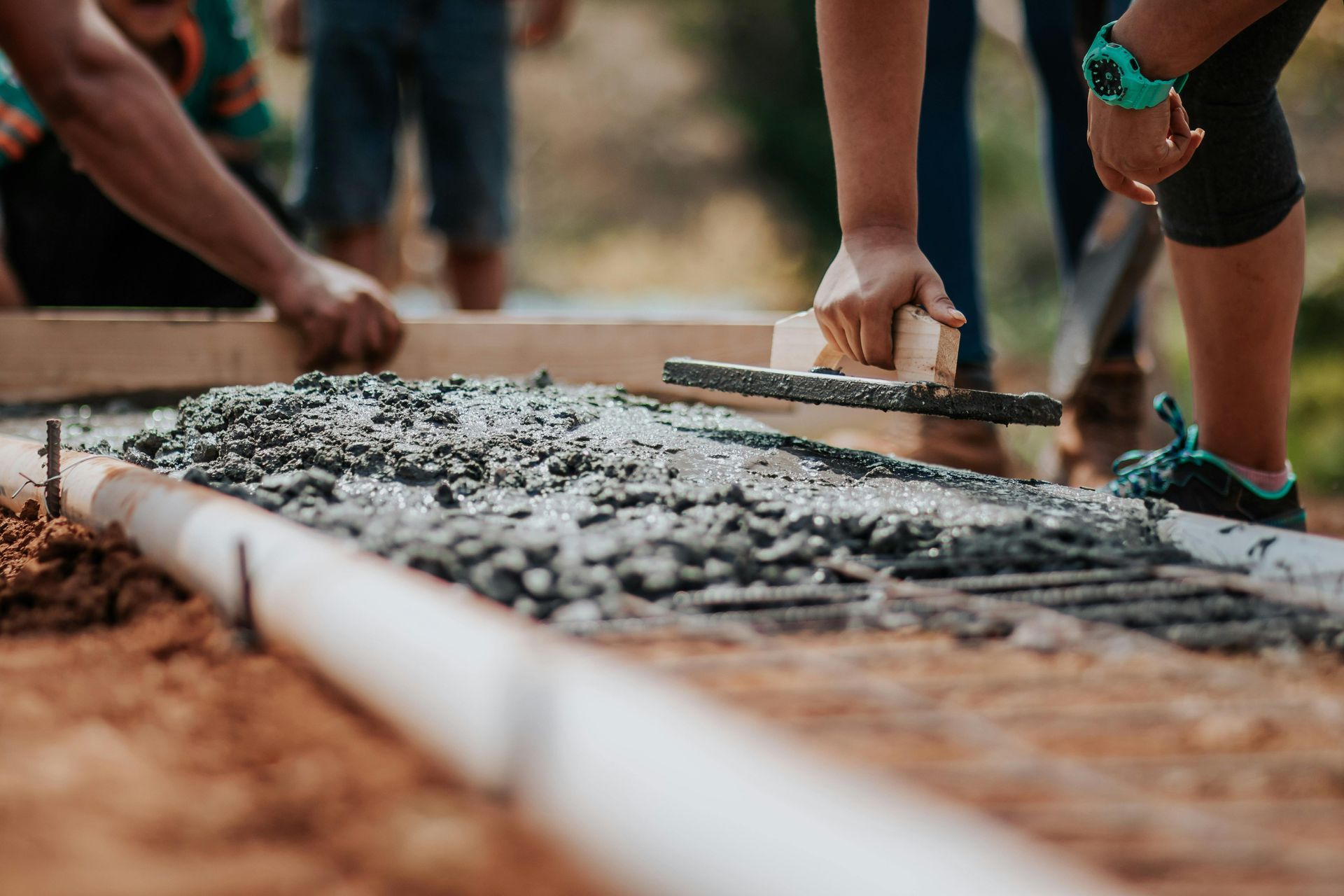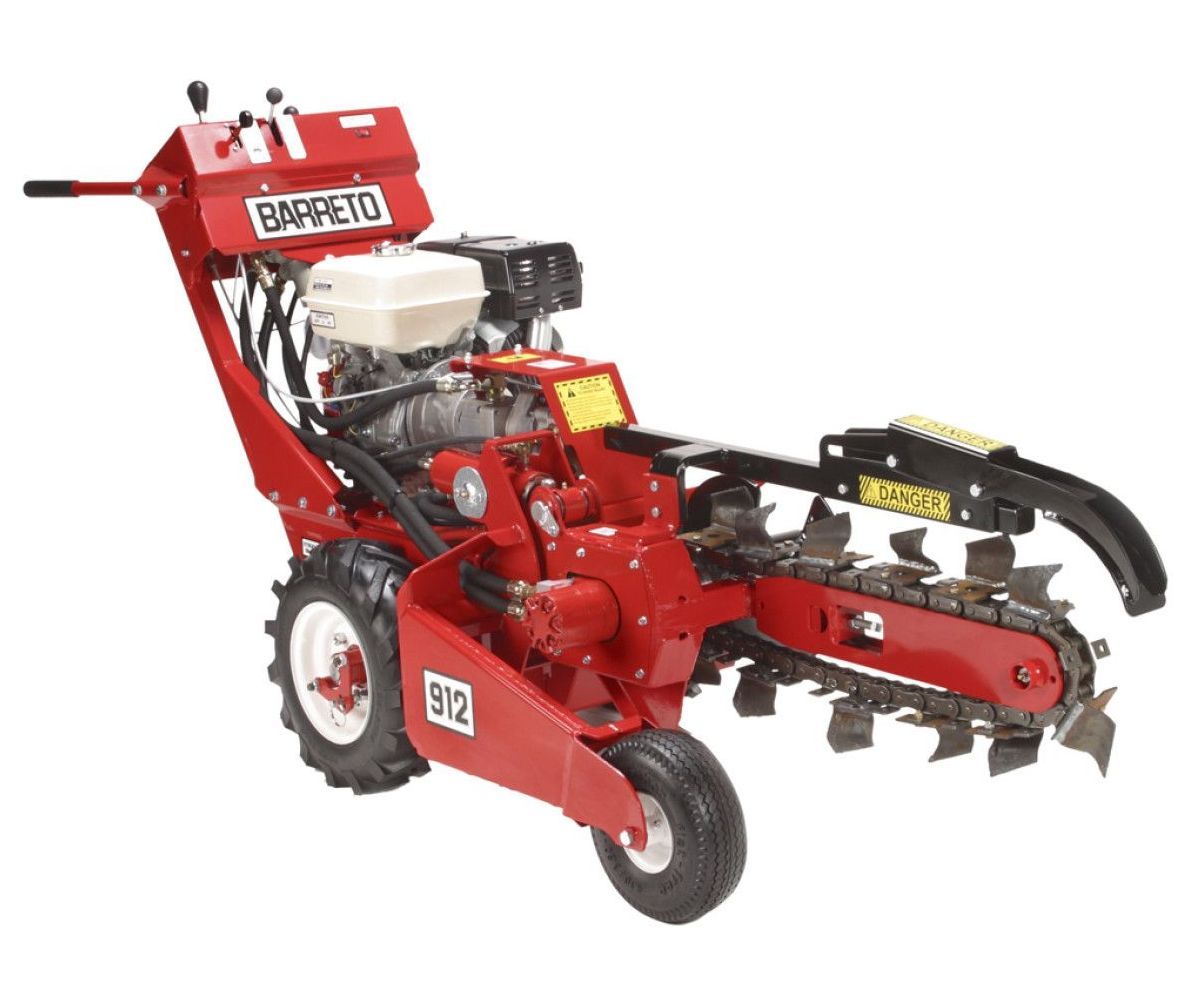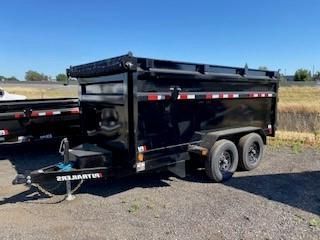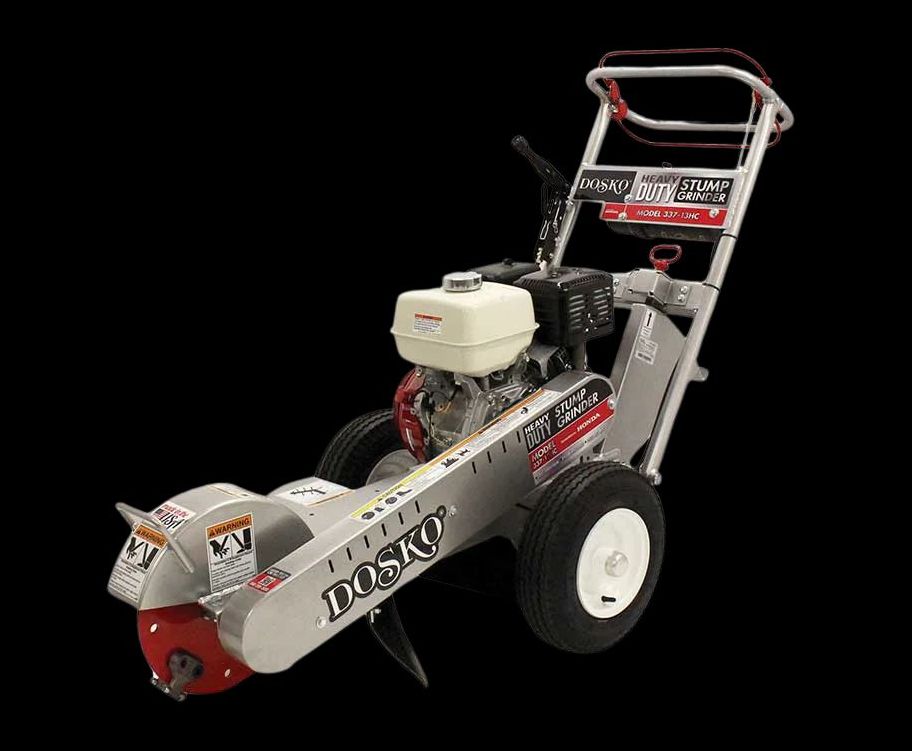DIY Project? Here’s Why Renting Equipment Beats Buying It
DIY Project? Here’s Why Renting Equipment Beats Buying It!
Taking on a DIY project at home? Whether you're landscaping the backyard, building a fence, or tackling a weekend renovation, the tools you use make all the difference. But before you go out and buy expensive equipment, here’s why renting from Pitt Equipment Rentals might be the smarter move.
1. Save Big on Cost
Let’s be real—equipment isn’t cheap. A mini skid steer or dump trailer can cost thousands of dollars to buy, not including maintenance, storage, and insurance. When you rent, you only pay for what you need, when you need it. No long-term investment, no headaches.
✅ Rent it when you need it. Save money when you don’t.
2. No Maintenance or Storage Hassles
Power tools and heavy equipment need regular upkeep. Oil changes, repairs, tire replacements—it adds up fast. Plus, where are you going to store a dump trailer or a trencher in your driveway?
✅ We handle the maintenance. You handle the project.
3. Use Pro-Quality Gear Without the Price Tag
When you rent, you get access to high-quality, professional-grade equipment that most homeowners wouldn’t buy for a one-time job. This means faster, cleaner results—without cutting corners.
✅ Better tools = better results.
4. Try Before You Buy (If You Really Want To Buy)
Still thinking about buying something long-term? Renting first lets you test it out and see if it fits your needs. It's a low-risk way to make a smart investment.
✅ Not sure what you need? We’ll help you figure it out.
5. Perfect for One-Time or Seasonal Projects
A lot of DIY jobs don’t repeat often. Whether you’re trenching for a sprinkler system, hauling debris, or prepping for a backyard party, you might only need that equipment once a year—or once ever.
✅ One-time use? One-time rental.
The Bottom Line: Rent Smarter, Build Better
At Pitt Equipment Rentals, we make DIY easier. Our equipment is clean, reliable, and easy to operate—even if it’s your first time. And we’re here to walk you through it so you feel confident before you get started.
Need Equipment for Your DIY Project?
Check availability or book online at www.pittequipmentrentals.com, or text us at (916) 500-7155 with questions. We’re here to help you get it done right.
